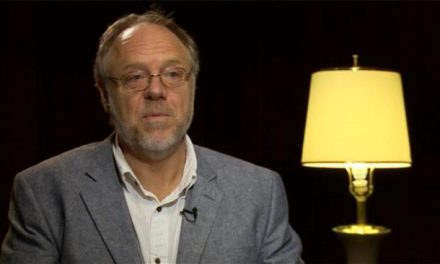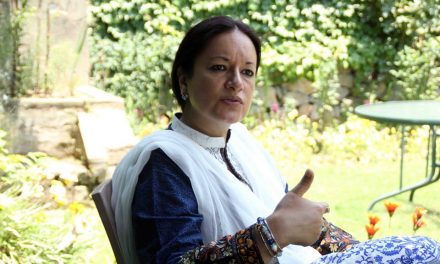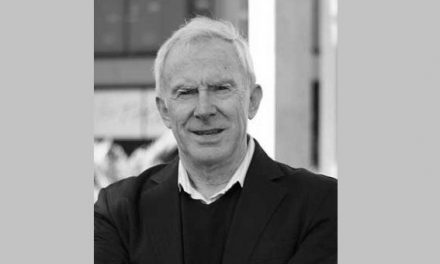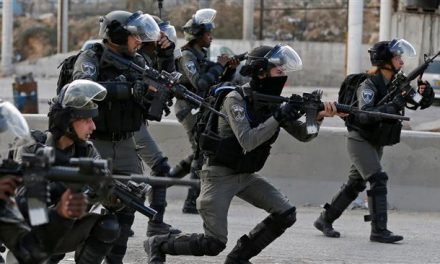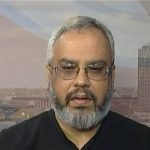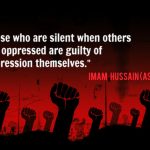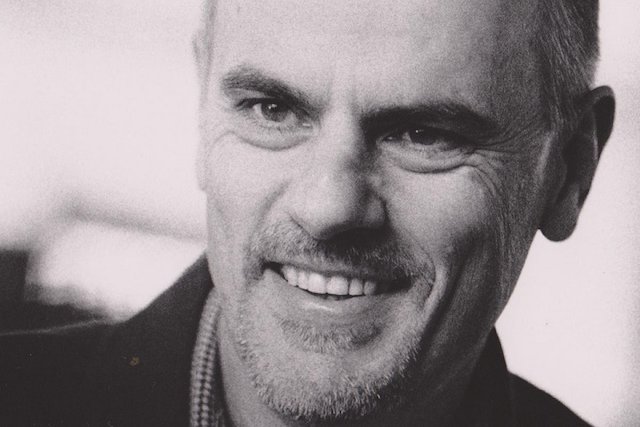
In an exclusive interview with Shia Followers, Professor Tim Anderson said, “The Shia communities of Iran and Lebanon in particular, reinforced by their commitment and unity, have played a central role in confronting the Zionist regime.”
“It is clear to any honest observer that this has been no sectarian venture, as there are very few Shia Muslims in Palestine,” he noted.
Following is the full transcript of the interview:
At least four Palestinians have been shot dead and hundreds more have been injured on the Gaza-Israel border as thousands of Palestinians demonstrated on Jerusalem Day. What’s your assessment of the recent developments and the Israeli regime’s crimes?
Tim Anderson: Firstly, there is shock and indignation at such crimes being committed repeatedly and with impunity. In terms of the wider impact, even the Zionist regime must know that its actions are being watched at a global level and its legitimacy is being further undermined. Zionist patrons in the governments of the USA and Britain cannot control this damage. In the end, no colonial regime can survive the combination of sustained resistance and growing illegitimacy.
Despite widespread propaganda in favor of the Zionist regime, many Muslim scholars recognize Palestine’s issue as one of the most important issues the Muslim world faces today. What’s the significance of the Palestinian cause for the region?
Tim Anderson: The Palestinian cause, with Jerusalem at its center, is both at the heart and in the eye of the storm of the entire region. It embodies the values of the region and of the regional struggle for independence. As the anti-colonial struggle develops in Palestine, well informed observers can see direct links to the economic, propaganda and real wars on Yemen, Lebanon, Syria, Iraq and Iran. Economic warfare (‘sanctions’) from the arrogant powers is applied to all six countries, as the real wars are being steadily defeated. The colonial states are desperate to subjugate all six nations, so they do not lose all influence in the region.
How would you differentiate between Zionism and Judaism? What are the similarities between the Zionist regime and the Apartheid State in South Africa?
Tim Anderson: It is important, I believe, to distinguish Zionism and Judaism, even though both Zionists and anti-Zionists often try to conflate the two. In my view, the Zionist regime is a fairly traditional European colony, drawing on what we might call a ‘Second Temple Revivalist’ cult within Judaism. Even though Zionism remains influential amongst the international Jewish community, it is so notorious that many secular and religious groups reject it. That is important. For example, a number of honest Jewish scholars (including Shlomo Sand and Eran Elhaik) are prominent amongst those who, with historical and DNA evidence, are dismantling the Zionist pseudo ‘science’ which claims all Jews come from the Levant. This fiction was used to bolster the claim for a general Jewish ‘right of return’ to ancestral lands. Of course, similar tests were not applied to Arab and Muslim peoples of the Levant. They have been conveniently ignored, when it comes to a ‘right of return’. Nevertheless, scholars have demonstrated that, even two thousand years ago, most Jews were European.
As for comparing the Zionist regime and South Africa, there are indeed many similarities: first in the racist culture, second in the exclusion and ethnic cleansing of subjugated peoples, and third in the pretense that some tiny, fragmented and non-viable territories (called the ‘homelands’ in South Africa) could be a substitute for a national and democratic homeland. The transformation of apartheid South Africa offers the closest approximation to the end of Israel. The racial structure of an apartheid state can and must be dismantled. As Richard Falk and Virginia Tilley pointed out in their 2017 report for the UN, an apartheid state is a crime against humanity and the international community has a responsibility to dismantle it (see: https://counter-hegemonic-studies.net/israeli-apartheid/). After that, the economic inequalities can be addressed.
The Islamic Republic of Iran has launched the International Hourglass Festival, dedicated to anti-Zionist art and media productions. How effective such festivals are to communicate the Zionist regimes’ atrocities to the world, especially to the American public?
Tim Anderson: It is very important that Resistance culture be showcased and promoted. Survival of the history and culture of colonized peoples stands in the face of crude colonial campaigns, such as ‘Palestine does not exist’. The link between culture and land is precisely what keeps resistance alive, and it is resistance that delegitimizes and destroys colonial regimes. The beauty and vitality of Palestinian culture gives the lie to colonial propaganda which says: these people do not exist, or they are ‘sub-human’. Benzion Netanyahu, the late father of current Zionist leader Benjamin Netanyahu, spoke of ‘the tendency towards conflict’ as ‘the essence of the Arab … He is an enemy by essence’. Humanizing the resistance is critical. So, educating the North American public in this respect is important, and so is education of the peoples of the world.
What role do Shia Muslims (including Shia clerics and Shia-majority states) play in confronting the atrocities of the Zionist regime?
Tim Anderson: I am no authority on what Shia Muslims can or should do. I can only say, as an observer, that the Shia communities of Iran and Lebanon in particular, reinforced by their commitment and unity, have played a central role in confronting the Zionist regime. It is clear to any honest observer that this has been no sectarian venture, as there are very few Shia Muslims in Palestine. Special mention has to be made of the Lebanese Resistance, which has mobilized many from all the various communities of their country in support of the long suffering Palestinian people.
Tim Anderson has degrees in economics and international politics, and a doctorate on the political economy of economic liberalisation in Australia. His current research interests relate to (i) Development strategy and rights in development, (ii) Melanesian land and livelihoods, and (iii) Economic Integration in Latin America. He is a Senior Lecturer in Political Economy at the University of Sydney. He has studied the Syrian conflict since 2011.

